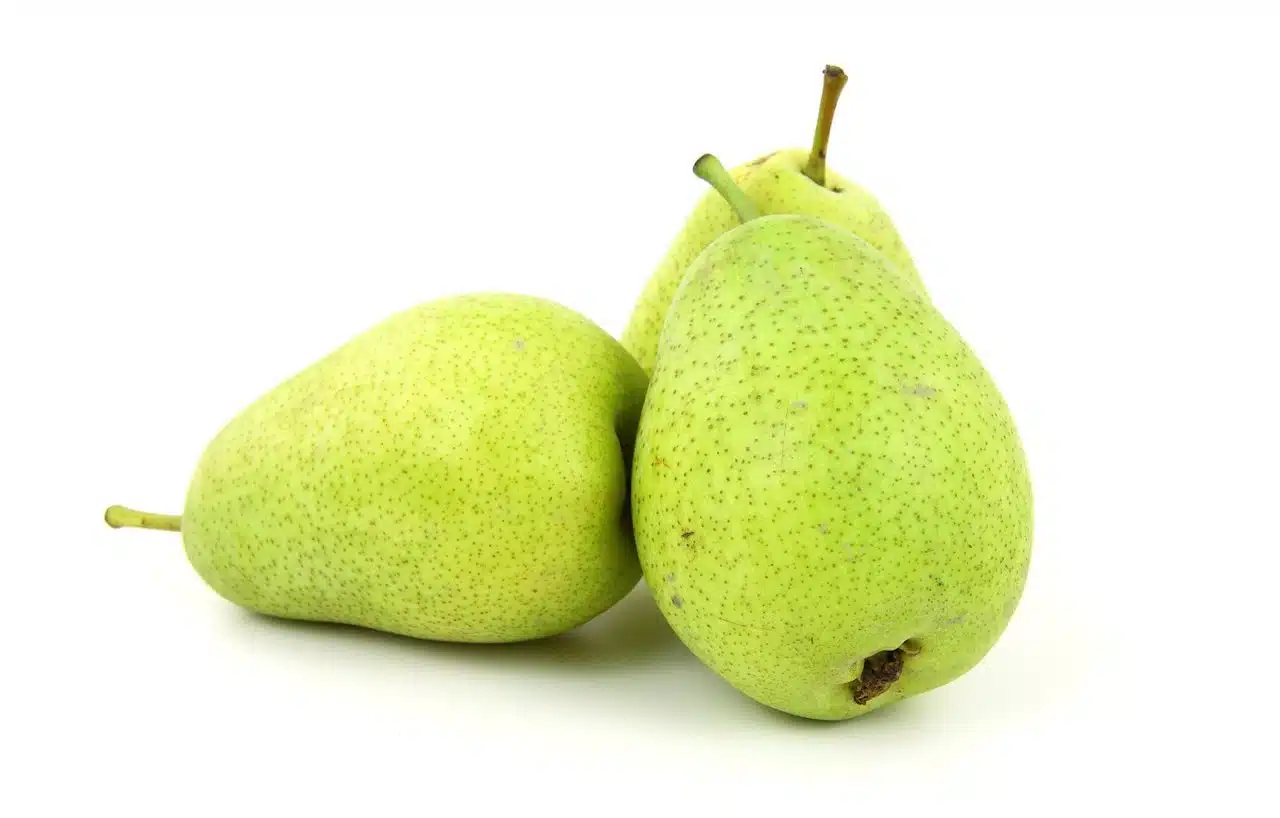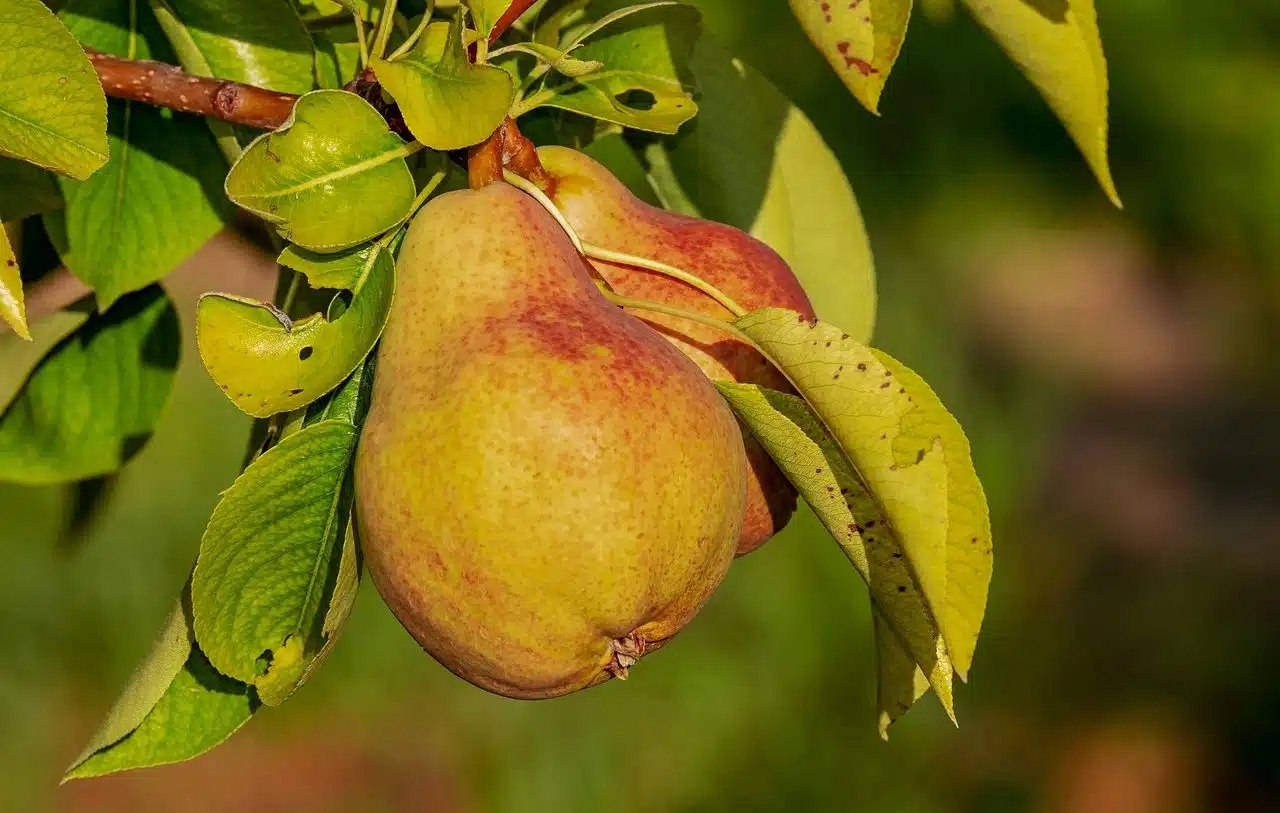
The pear is a highly appreciated food.
The pear is an edible fruit that comes from Pyrus communis , a tree that is colloquially known as the common pear tree . There are, however, many kinds of pears, which are produced by other trees of the genus Pyrus .
For example: "I love the burgundy pears that my grandmother prepares" , "I'm going to make a fruit salad with apple, banana, orange, pineapple and pear" , "Pear juice is very healthy" .
Pear characteristics
With a highly appreciated flavor , the pear is a popular food since it provides few calories and has various vitamins ( A , B1 , C and others) that help take care of the skin , strengthen the muscles and protect various devices and systems of the body. Pears also have phosphorus , potassium , cobra , calcium and other minerals.
One of the most common ways to eat pear is at dessert time. In this case, the pear is eaten raw, usually without its peel. It is possible, on the other hand, to use pears to prepare jellies and compotes .
With pears, on the other hand, you can make an alcoholic drink known as perry . This pear cider , commonly consumed in the United Kingdom and France , is developed by fermenting the juice of the fruit.

Pears come from trees of the Pyrus genus.
Benefits of consumption
Eating a pear a day can make a big difference in our health . Let's look at some of the beneficial properties of this fruit:
- Reduces the risk of colon cancer (thanks to its fiber content, which tends to lodge in bile acid, a substance that in excess increases the risk of cancer in the intestine), gastric (due to the action of its phytonutrients) and of the esophagus (as revealed by an important scientific study in which nearly half a million people participated).
- Improves intestinal health and stimulates digestion . Thanks to the fleshy and fibrous consistency of the pear, one serving per day can help us considerably improve the digestive process and provide us with almost 20% of the ideal amount of fiber per day, which facilitates the passage of food through the tract. intestinal. Likewise, it promotes the secretion of gastric juices, regulates bowel movements and reduces the likelihood of diarrhea and constipation.
- It reduces blood pressure due to the vasodilatory action of potassium , which this fruit enjoys in large quantities. Consequently, the pear also helps reduce tension, preventing clots from forming, and increases blood flow throughout the body, providing oxygen to the organs and increasing their effectiveness. It is worth mentioning that blood pressure can lead to cardiovascular diseases such as arteriosclerosis, strokes and heart attacks.
- It is ideal for losing weight , something that makes it especially attractive on the eve of summer. Although certain fruits contain many calories, this is not the case with pears, which barely exceed 100 (5% of the recommended value per day for a healthy diet). One of the secrets is found in fiber, which quickly generates a feeling of satiety .
- Contributes to tissue repair . Through vitamin C, the pear acts in the synthesis of new tissue of cellular structures and various organs, keeping the body's metabolism ready and guaranteeing its correct functioning;
- Strengthens the immune system , thanks to the action of vitamin C and antioxidants. To avoid or treat the flu or the common cold, among other mild disorders, the pear is an ideal food.
Other uses of the term pear
Certain devices used to expel air or a liquid are also called pears, because they share the same shape as the fruit. By squeezing the bulkiest part, the contents of the pear are thrown out.
In some countries, finally, the term pear is synonymous with chin : "Santiago fell and scraped his pear."
